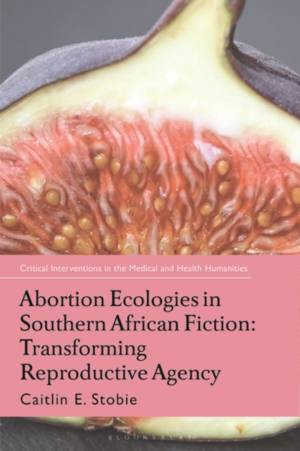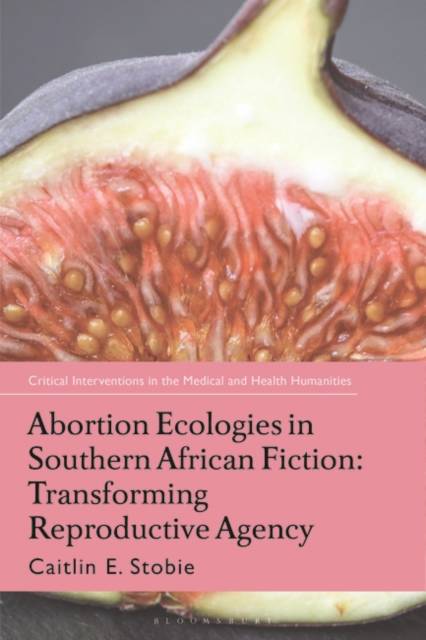
En raison d'une grêve chez bpost, votre commande pourrait être retardée. Vous avez besoin d’un livre rapidement ? Nos magasins vous accueillent à bras ouverts !
- Retrait gratuit dans votre magasin Club
- 7.000.000 titres dans notre catalogue
- Payer en toute sécurité
- Toujours un magasin près de chez vous
En raison de la grêve chez bpost, votre commande pourrait être retardée. Vous avez besoin d’un livre rapidement ? Nos magasins vous accueillent à bras ouverts !
- Retrait gratuit dans votre magasin Club
- 7.000.0000 titres dans notre catalogue
- Payer en toute sécurité
- Toujours un magasin près de chez vous
195,45 €
+ 390 points
Description
Focusing on texts from the late 1970s to the 1990s which document both changing attitudes to terminations of pregnancy and dramatic environmental, medical, and socio-political developments during southern Africa's liberation struggles, this book examines how four writers from Botswana, South Africa, and Zimbabwe address the ethics of abortion and reproductive choice.
Viewing recent fiction through the lens of new materialist theory - which challenges conventional, individual-based notions of human rights by asserting that all matter holds agency - this book argues that southern African women writers anticipate and exceed current feminist revivals of materialist thought. Not only do the authors question contemporary discourse framing abortion as either a confirmation of a woman's 'right to choose' or an unethical termination of human life, but they challenge conventional understandings of development, growth, and time. Through close readings of both literal gestation in the selected texts and the metaphorical reproduction of the post/colonial nation, this study advances the concept of reproductive agency, creating a range of queer ecocritical alternatives to tropes such as those of 'the Mother Country', 'Mother Africa', or 'the birth of a nation'. This study situates abortion narratives by Wilma Stockenström (translated by J. M. Coetzee), Zoë Wicomb, Yvonne Vera, and Bessie Head alongside contemporary postcolonial feminist theories, melding traditional beliefs with materialist views to reconsider the future of reproductive health matters in southern Africa. Merging queer ecocritical perspectives from materialism and postcolonialism, this study will appeal to students and researchers in the medical humanities, new materialisms, and postcolonial studies.Spécifications
Parties prenantes
- Auteur(s) :
- Editeur:
Contenu
- Nombre de pages :
- 224
- Langue:
- Anglais
- Collection :
Caractéristiques
- EAN:
- 9781350250185
- Date de parution :
- 09-02-23
- Format:
- Livre relié
- Format numérique:
- Genaaid
- Dimensions :
- 156 mm x 234 mm
- Poids :
- 494 g

Les avis
Nous publions uniquement les avis qui respectent les conditions requises. Consultez nos conditions pour les avis.






